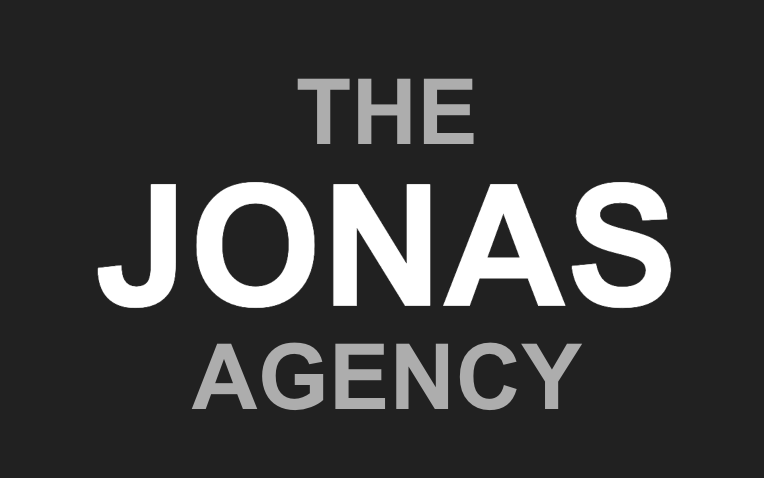How UFC's $7.7 Billion Paramount Deal Reveals the Death of Pay-Per-View Sports
The Ultimate Fighting Championship just dropped a financial bombshell that should have every sports executive reaching for their calculator. Their new $7.7 billion Paramount+ deal doesn't just double their media rights revenue – it fundamentally rewrites how combat sports can capture the next generation of fans.
The Numbers Don't Lie
Let's break down the seismic shift:
ESPN Deal: ~$500M annually, heavy PPV model required
Paramount Deal: ~$1.1B annually, zero PPV requirements
But the revenue doubling isn't the real story here. The real story is about a sport finally admitting that charging $800+ annually just to watch its biggest events was slowly strangling its future.
The Paywall Problem That Nearly Killed Growth
UFC's old model created an almost insurmountable barrier for new fans. Think about it from a young viewer's perspective:
You discover an exciting fighter on TikTok. You see a viral knockout on Instagram. Your friends are talking about an upcoming fight. You're interested, maybe even excited. Then you hit the paywall: $79.99 for a single event.
For a generation already juggling Netflix, Spotify, Disney+, and a dozen other subscriptions, that's not just expensive – it's insulting. The data backs this up:
Young audiences are more likely to seek illegal streams than pay premium prices for unfamiliar content
PPV pricing assumes existing fan loyalty that newcomers haven't developed
Social media creates massive FOMO, but paywalls prevent that curiosity from converting to fandom
Paramount's Growth Hack: Remove the Friction
The genius of Paramount's approach lies in its simplicity:
One affordable subscription = 43 events per year
CBS simulcasts create appointment viewing and social moments
Casual viewers can explore without financial commitment
Young fans can "try before they buy" into deeper fandom
This isn't just about making fights cheaper – it's about removing the moment of hesitation that kills conversion.
The Social Media Engine Finally Has Somewhere to Drive
UFC has been a social media juggernaut for years:
YouTube: 21M+ subscribers
Instagram: 40M+ followers
TikTok: Explosive growth among the 18-24 demographic
Fighter-generated content creates parasocial relationships that drive viewership
But here's the problem they've been facing: You can't monetize awareness if there's a tollbooth blocking the highway.
Their strategy of flooding platforms with highlight reels, behind-the-scenes content, and fighter personalities created massive awareness. But when curious viewers hit that PPV paywall, most turned around. It's like spending millions on advertising only to lock your store door when customers arrive.
Why This Changes Everything
This deal proves what forward-thinking executives have suspected: broadcast rights explode in value when you remove artificial barriers to entry. Networks aren't just buying fights anymore – they're buying access to a pre-engaged, digitally-native audience that UFC cultivated across social platforms.
The Paramount deal represents the fourth major example of leagues abandoning the PPV model, and it's specifically targeting the audience acquisition problem that's plagued combat sports for decades. When your biggest growth opportunity is converting casual viewers into devoted fans, every paywall is a self-inflicted wound.
The Generational Shift
The real winners here are the next generation of UFC fans. They can now seamlessly flow from discovering fighters on TikTok to watching full events on Paramount+ without the financial commitment that previously served as a bouncer at the door.
This isn't just about UFC – it's a blueprint for how traditional sports properties can adapt to a world where attention is currency and paywalls are death sentences. The message is clear: if you want to grow with younger audiences, you need to meet them where they are, at a price point that doesn't insult their intelligence.
The old model asked fans to prove their loyalty with their wallets before earning the right to watch. The new model understands that in 2025, you earn loyalty by removing barriers, not erecting them.
UFC just bet $7.7 billion that accessibility beats exclusivity. Based on where younger audiences are heading, that's looking like the safest bet in sports.
